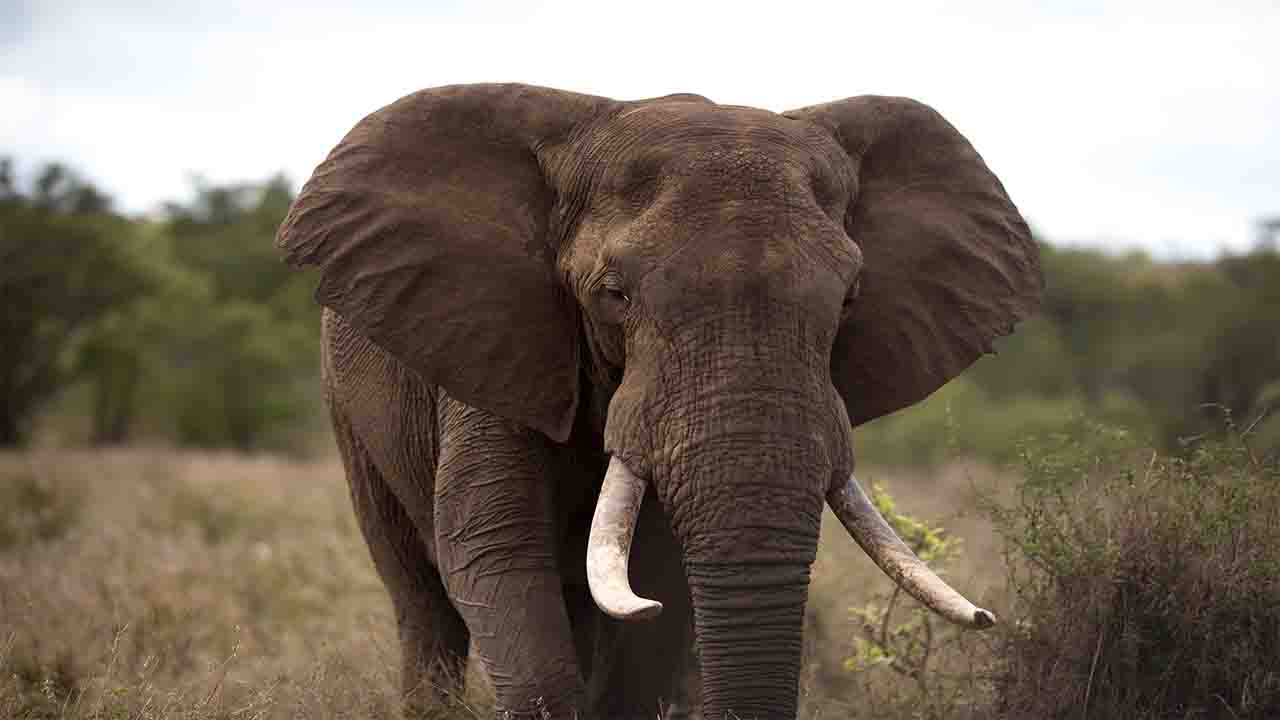In a bid to help protect rhinos and elephants amid plummeting biodiversity worldwide, Canada has banned the import and export of hunting trophies which contain rhino horns or elephant tusks.
The change comes as part of an overhaul of the permit process for transporting ivory goods derived from rhinos or elephants which the federal government announced recently and which narrows the giving of permits to certain situations.
Minister of Environment and Climate Change Steven Guilbeault said in a press release that with the fast decline of African elephant populations and threats to rhinoceros populations due to poaching, Canada identifies the importance of further limiting elephant ivory and rhinoceros horn trade to Canada and recently harsher regulatory amendments were announced to make sure Canada continues to do its part to protect these iconic species for the next generations.
RELATED STORIES:
Mystery of African elephants dropping dead unraveled by scientists
An ailing Thai elephant returns home for tender loving care after years of neglect in Sri Lanka
The import or export of raw elephant tusk and raw rhinoceros horn without a permit was prohibited before and will continue to be.
However, permits will only be issued if the tusk or horn in question is being transported for use in a zoo, museum, for scientific research or to support a law enforcement investigation in some way.
This means that big game hunters will no longer be allowed to get a permit to transport a hunting trophy containing rhinoceros horn or elephant tusks into Canada.
Conservationists, who have spent many years calling for hunting trophies to be banned in Canada, lauded the move.
Kelly Butler, campaign manager for Humane Society International (HSI) said that, rhino and elephant populations have been destroyed by global trade in their parts, and poaching causes considerable suffering to these incredible animals.
In banning trade in rhino horn and elephant ivory the Canadian government has shown significant leadership and reflected the will of Canadians and the vast majority of African nations holding elephant populations. At last, Canadians can be assured that our country is doing our part to make sure that these majestic animals have a future.
Experts say according to HSI, over the last century the African elephant population has reduced by 96 per cent and poachers in Africa kill as many as 25,000 elephants and 1,300 rhinos every year. Poaching is the most important threat to these species.
Musician Bryan Adams, who has been a prominent voice in the call to ban the import of ivory in Canada, said in the HSI release that he is excited that Canada has listened to the overwhelming number of Canadians who demanded action to end the senseless killing of rhinos and elephants.
All items containing worked elephant tusk or rhino horn will now need a permit to enter or leave Canada, even personal or household items.
According to the press release between 2015 and 2021, around 14 elephant tusks and two rhinoceros horns were imported into Canada each year.
The harsh approach to the transport of ivory goods derived from elephants or rhinos will come into effect on Jan. 8, 2024.
Anyone who is starting the process of importing or exporting goods after Nov. 22, 2023 will need to apply for the necessary permits. According to the government’s website, If an individual can prove that they began the importing or exporting process prior to Nov. 22, the new requirements will not apply, even if they arrive to the border after the coming into force date.








